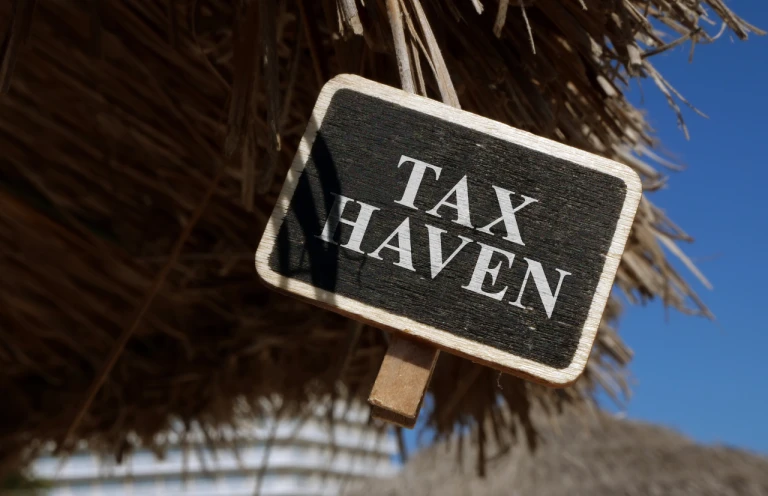Everything you need to know about Tax Haven

Are you tired of paying high taxes on your hard-earned income? Do you want to save more money for yourself or your business? If yes, then tax haven is the buzzword for you! A tax haven is a country that offers favorable tax conditions to individuals and businesses seeking to reduce their overall tax burden. But before jumping into this lucrative opportunity, it’s crucial to understand the benefits and drawbacks of using a tax haven. So, let’s dive in deeper and discover what exactly a tax haven is all about!
What is Tax Haven?
In the Oxford Dictionary, the term “tax haven” means “a country or independent area where taxes are levied at a low rate.”
An “Offshore Financial Centre” or “Tax Haven” is any country or territory that levies the fewest taxes possible on citizens and corporations from other countries.
Tax Havens provide tax advantages to residents as well as businesses operating within their borders. So-called “Tax Havens” are places with clearly defined geographic jurisdictions that deliberately enact laws to ease transactions involving people from outside of the said jurisdiction. To avoid taxation or regulations, a legal veil of secrecy is offered to make it challenging to identify the beneficiaries.
Institutions and individuals both use tax havens. Although they both use the same strategies to lower their tax liabilities and their motivations are similar, they use offshore trusts and corporations to accomplish this. The world is full of tax havens. As we will see below, some of them are independent countries, while others are territories or chunks of other countries.

Advantages of Tax Haven
The following is a list of some of Tax Havens’ key benefits:
- The main benefit of Tax Havens is that they allow businesses to save money and pay less tax.
- Tax reduction is a sensible and legal process. Because there are no restrictions on the tax implications in the country known as a Tax Haven the investment is secure.
- Tax Havens also benefit the economy greatly because they encourage new investment, which is advantageous for the whole country.
- They start the process of a person’s or a country’s growth.
- Businessmen are also encouraged to invest there because there are no capital gains taxes.
Also read: Tax saving options to know in India
Disadvantages of Tax Haven
Like any other topic, tax havens have some drawbacks, which are described below:
- Additionally, Tax Havens might encourage some illegal activity.
- Tax havens can be very beneficial, but they also have the potential to increase the cost of living for locals by levying high import taxes on their imported goods.
- Large corporations may profit from tax havens, but the local population almost always gains greatly from them.
- Due to the opaque nature of the Tax Havens process, the parties could be vulnerable to betrayal.
- In Tax Havens, business transactions are frequently made up and may deceive the other party.
Top tax haven countries list
There are no income taxes in countries that are regarded as tax havens. Even wealthy people are not required to pay income tax in some parts of the world.
The following is a list of the top 10 tax havens on the planet:
- The Cayman Islands
- Bermuda
- Singapore
- Switzerland
- The Netherlands
- Mauritius
- The Bahamas
- Malta
- Luxembourg
- Isle of Man
The Bottom Line
There are many implications of Tax Havens’ existence. One perspective is that nations with no or low taxes put pressure on other countries to keep their tax rates low. The potential long-term harm to the global economy from money laundering and other illegal activities that may be encouraged by some Tax Havens’ secrecy and opacity is outweighed by the immediate advantages for taxpayers.
As shown by the measures taken against tax evaders in some countries, taxpayers should exercise caution.
Also read: Tax saving mistakes to avoid
Follow us on Instagram.









